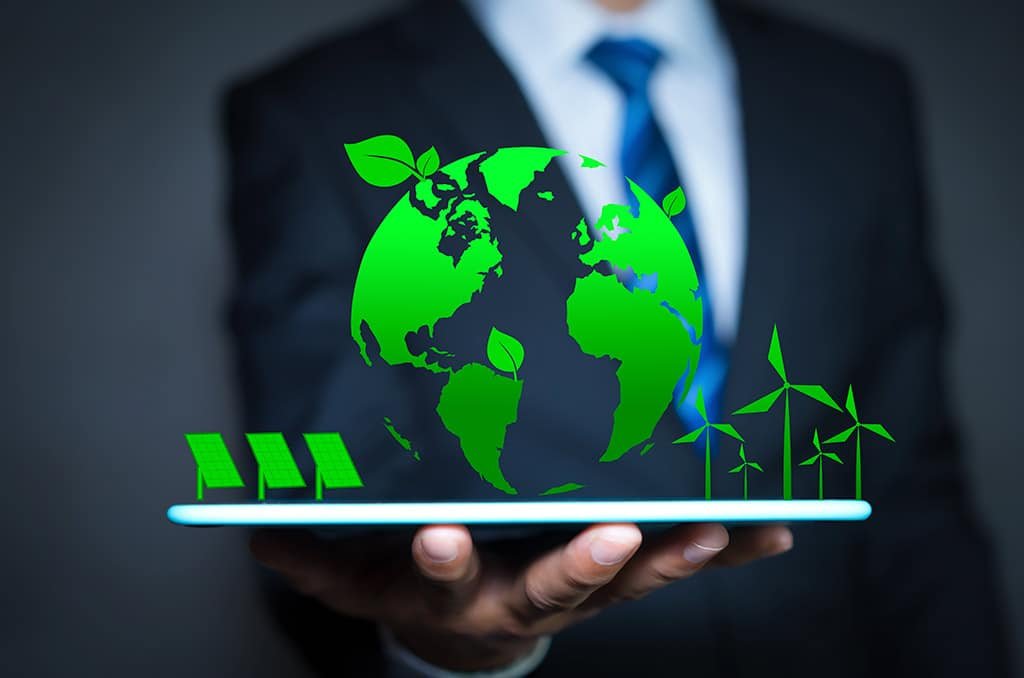International Climate Framework
- Home
- Sustainability Law
- International Climate Framework

International climate framework: from UNFCCC, to Kyoto Protocol and Paris
Sustainability and its rules are not only a national matter. That is why it is important to keep an eye on what is happening at the international level in this area. For basic rules, the legal focus on climate, for example, has now been in Europe for a long time. As early as 1992, almost all countries gathered in the UN climate conference UNFCCC (United Nations Framework Convention on Climate Change) to discuss global warming and the increase of CO2 in the atmosphere. After all, people increasingly became aware that climate change can have serious consequences for people and the environment. As a result, UNFCCC continued to organize a Conference of Parties (COP) every year with the aim of international climate policy.
One of the most important COPs took place in 1997 and is known as the Kyoto Conference. There was also the latest scientific information and ways to limit climate change with the Kyoto Protocol as a result. The Kyoto Protocol entered into force on February 16, 2005. The most important agreement in this respect was to reduce greenhouse gas emissions by eight percent in the period 2008-2012 compared to 1990, because these contribute to global warming. Although the Kyoto Protocol was recognized by all EU member states and almost all other countries, there was some criticism. One point of criticism was, for example, that the treaty would not go far enough to combat climate change, resulting in too little CO2 reduction. Nevertheless, the Kyoto Protocol was valid until 2020.
In 2015, agreements were made at the climate conference in Paris for the period after 2020.
There, the nearly 200 participating countries reached agreement on a binding climate agreement that entered into force in November 2016. The goal has remained largely the same: to end the increase in greenhouse gas emissions as quickly as possible. More specifically, the emission of greenhouse gases, such as CO2, must be reduced and global warming limited to a maximum of 2 degrees, with 1.5 degrees as a target value. Every five years, the climate policy of all countries is evaluated. The first check will take place in 2023.
- Environmental Law
- Environmental Act
- Climate jurisprudence
- The international sustainability debate
- The European Green Deal
- Emission Allowances
- Innovation
- Biodiversity (CBD)
- Trade in endangered animal and plant species (CITES)
- Trade law
- Consumer law
- Corporate Social Responsibility
- Sustainability clauses in commercial contracts
- Financing
- The Energy Investment Allowance (EIA)
- The cartel prohibition and sustainability
Contacts
Address
De Zaale 11
5612 AJ Eindhoven
The Netherlands
Do you want to know what Law & More can do for you as a Dutch Law Firm in Eindhoven?
Then contact us by phone +31 40 369 06 80 or go to the contact page for more information:




